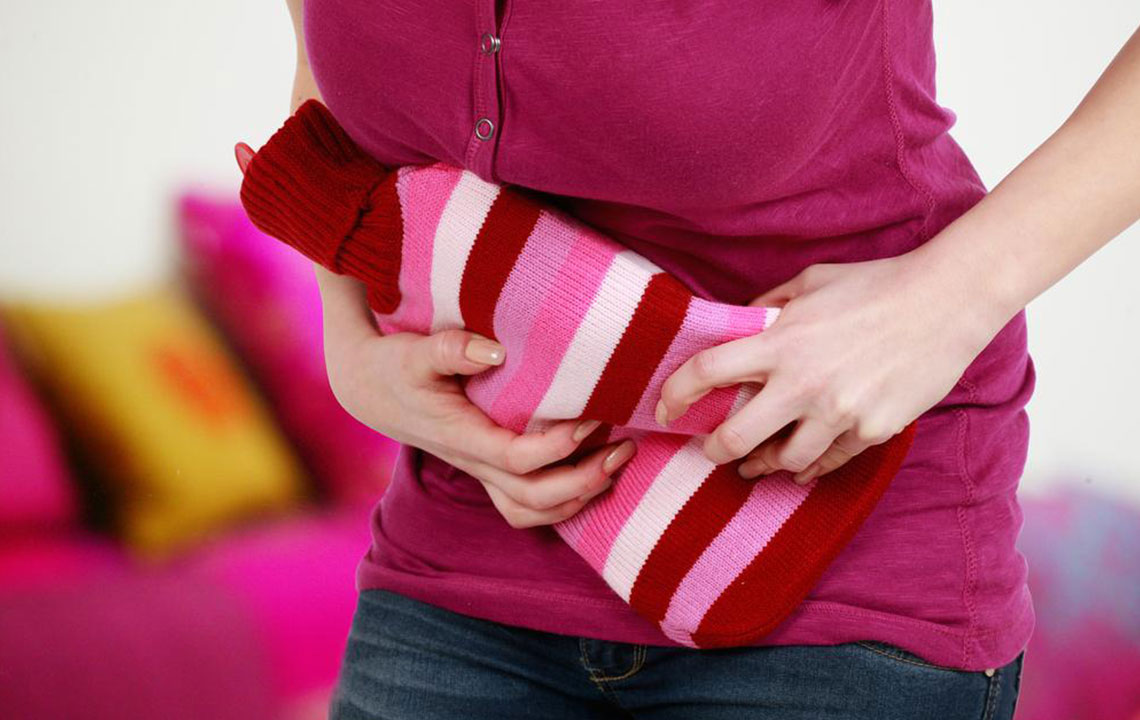Effective Treatment for Irritable Bowel Syndrome

Irritable Bowel Syndrome is commonly referred to as IBS, it’s a very common problem that a lot of people today are facing. The Irritable Bowel Syndrome affects the large intestine and causes abdominal pain, cramps, bloating, gas, diarrhea and even constipation. Irritable Bowel Syndrome is a chronic issue and needs to be managed and treated lifelong. This problem is usually seen in women than men. It is often developed after teenage till 40’s. Irritable bowel syndrome is a mix of pain, discomfort and bowel habits. This also affects the kind of stool that is excreted which can be thin, hard, soft or even liquid. It’s not a life-threatening disease or a problem but can cause a lot of discomfort to the person. The good thing is that it won’t cause colon problems like Ulcerative Colitis, Crohn’s Disease or Colon Cancer, but it can be a lifelong problem and majorly affect your day to day life, if not given timely attention. Studies have shown that people who suffer from irritable bowel syndrome, may often feel uncomfortable, may miss or get late for work, school, college, etc., they may also feel less enthusiasm in taking part in daily activities or even activities that involve physical things, like sports, running, playing outdoor games. They may even experience problems in eating habits.
People with irritable bowel syndrome may often have symptoms like violent episodes of diarrhea, constipation alternating with loose stools, belly pains and cramps mostly in the lower part of the body or the lower half of the belly area, this pain often gets worse after having meals, people with this syndrome experience a lot of gas issues and even bloating. Acidity also becomes too much to handle sometimes. They also experience very hard or loose stools, pellets or flat ribbon stools. A lot of people have their belly sticking out as well. There is mucus also seen in stools. Even stress worsens the symptoms and the situation. For most people suffering from irritable bowel syndrome, the symptoms make it very difficult for them to function on a daily basis. Symptoms like Rectal Bleeding, lack of appetite, weight loss, severe pains should not be taken lightly and a doctor should be immediately consulted and appropriate medication must be taken as these symptoms can also show some colon condition problems. There are no specific lab tests to test out irritable immune syndrome, the doctor just diagnoses the symptoms.
Here are some remedies that can help improve the situation and symptoms of irritable bowel syndrome
- Many times, simple lifestyle and dietary changes can help improve the Irritable Bowel Syndrome conditions, these may not work immediately and very quickly, but slowly and patiently the good healthy changes start working and can help in eliminating the symptoms.
- Fibre can really help if you suffer from irritable bowel syndrome, it reduces constipation to a great extent and even helps in reducing abdominal pains. The best way is to slowly increase the fibre content in your diet. Consume more whole grains, fruits, vegetables.
- Consult a dietician and get a diet chart made that can help you with your eating habits and bowel problems.
- Fibres supplements can also be taken it reduce the problems caused by irritable bowel syndrome.
- Drinking plenty of water each day will really help the body and also reduce any discomforts you might be experiencing due to irritable bowel syndrome. Always start your day with a glass of water mixed with some lemon and honey, use warm water instead of cold.
- If certain food trigger or make the condition worse than totally stop having those items, some of them can be chocolates, alcohol, junk and fried food items, caffeinated beverages like Pepsi, coco cola, thumbs up, Oily chips and snacks.
- Never skip meals and have meals at proper hours, it’s highly important to have a good diet plan and a proper eating time each day and try to follow it religiously, so that the body can get used to. A good thing is to have small meals in a day.
- Keep a check on the amount of dairy products you consume, if you are someone who’s lactose intolerant then substitute milk with Yoghurt.
- Exercising regularly really makes a huge difference and makes us healthy overall, exercising help in reducing the symptoms of irritable bowel syndrome.
- Try and drink plenty of fluids every day besides from water, like fresh fruit juices, coconut water, and all these help to improve digestion.
- You could also use anti-diarrhea medications and laxatives after consulting of your doctor.
- Meditation can relieve a lot of stress and help improve symptoms as stress is also a cause of Irritable Bowel Syndrome.


